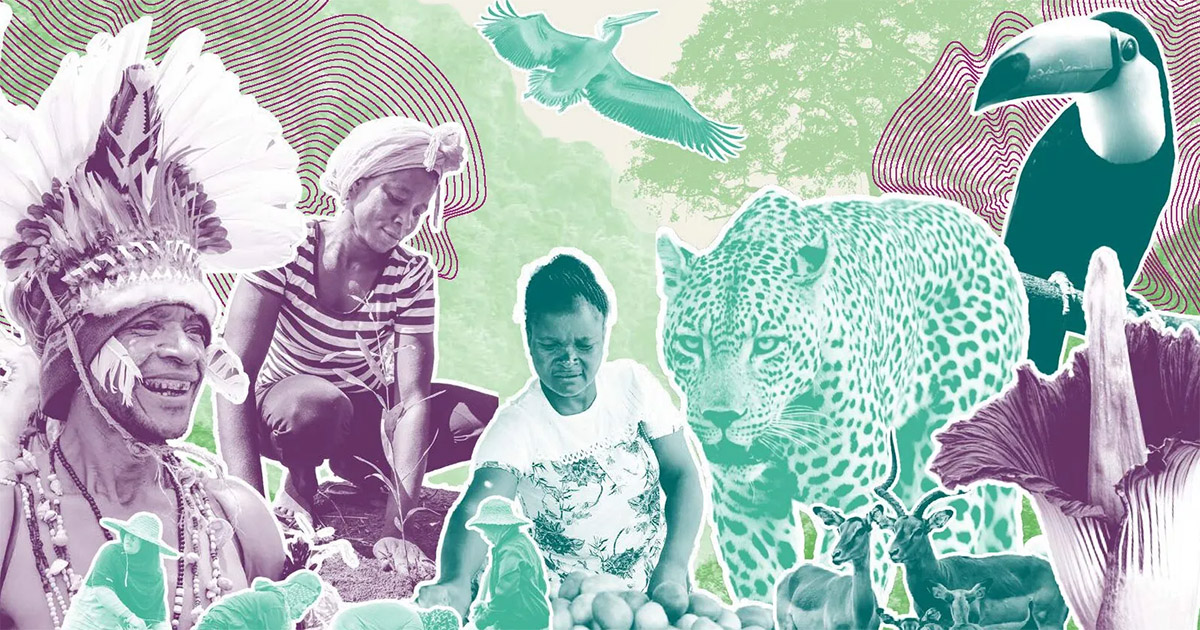Numerous theoretical and empirical studies examining women's engagement in sustainable forest management (SFM) have shown that women bring distinctive interests and values to forest management. However, their effective engagement is still low due to bottlenecks such as rules of entry, ownership, labor division, social norms, perceptions, rules of practice, personal endowments, institutional outcomes, and other organizational cultures. Key among those are the gendered perceptions that marginalize them from the onset. As a result, women's potential to promote SFM in Africa has not been exploited effectively, yet. This raises concerns for gender and social equity as the current practice socially excludes groups that hold specific ecological knowledge, skills, and interests that influence SFM practices. By critically reviewing systematically selected 104 studies conducted on gender issues and forest management in Africa, this paper explores how women's role in forest management and the broader development discourse is constrained. It also characterizes the prevailing engagement models and shows how they influence inclusive processes of deploying SFM practices. Women's engagement in SFM is dominated by public/civic engagement and significantly lags in effectively engaging them as stakeholders, experts, or households. Of the 104 studies reviewed, 54% (n = 57) characterized women's engagement as largely through public meetings compared to 5% (n = 5) as stakeholders and 4% (n = 4) as experts. Thirty-four percent (n = 36) did not clearly categorize the engagement type. Women's engagement in SFM is merely to fill the gender ‘representation' requirements and any effective roles such as decision making, ownership, and benefits are not under the control of women at large. As a result, women's potential to promote forest management and avert ongoing forest loss is not exploited. There is a need to transition from mere representation to a meaningful engagement of women in the sector for inclusive forest management to flourish. In general, capturing, recognizing, and effectively utilizing women's voices and potential in forest management and development discourse requires institutions that deliberately embrace inclusivity and promote equity in general and across gender.
DOI:
https://doi.org/10.3389/ffgc.2022.948618
Dimensiones Recuento de citas:



















